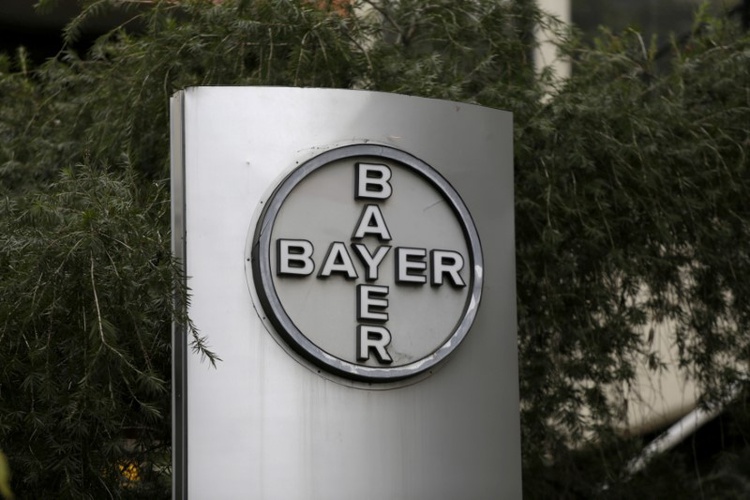According to analysts, Bayer AG financed the purchase of Monsanto Corp. “primarily with debt to avoid a shareholder vote on the transaction.” 1 Nothing screams, “I do what I want!” more than cutting out your shareholders! The way this deal was brokered is a shift from Bayer’s previously conservative approach to mergers and acquisitions.
RELATED STORY:
The transaction was financed with a bridge loan of $57 billion, underwritten by Bank of America Merrill Lynch, Credit Suisse AG, Goldman Sachs Group Inc., HSBC PLC, and J.P. Morgan Chase & Co. (There was also an equity component of about $19 billion raised via an issuance of mandatory convertible bonds, senior and subordinate bonds and a rights issue with subscription rights.)
Apparently, German company law has strict shareholder regulation which means Bayer “would have had to ask for shareholder approval had the board opted to finance the transaction with more equity”2 (an equity component of around $22 billion would have required Bayer to hold a shareholder vote).
RELATED STORY:
While Bayer investors criticized the acquisition plan, the board didn’t need shareholder approval.
RELATED STORY:
Analysts believe it will take Bayer about four years to recover and in the meantime, their credit rating could suffer. Plus, if you factor in the current and pending lawsuits against Monsanto, things could get even worse.
There is a good chance that in our lifetime we could see Monsanto and their dangerous chemicals be done away with. Let’s hope for our environment and our children, that that’s the case.
Source:












